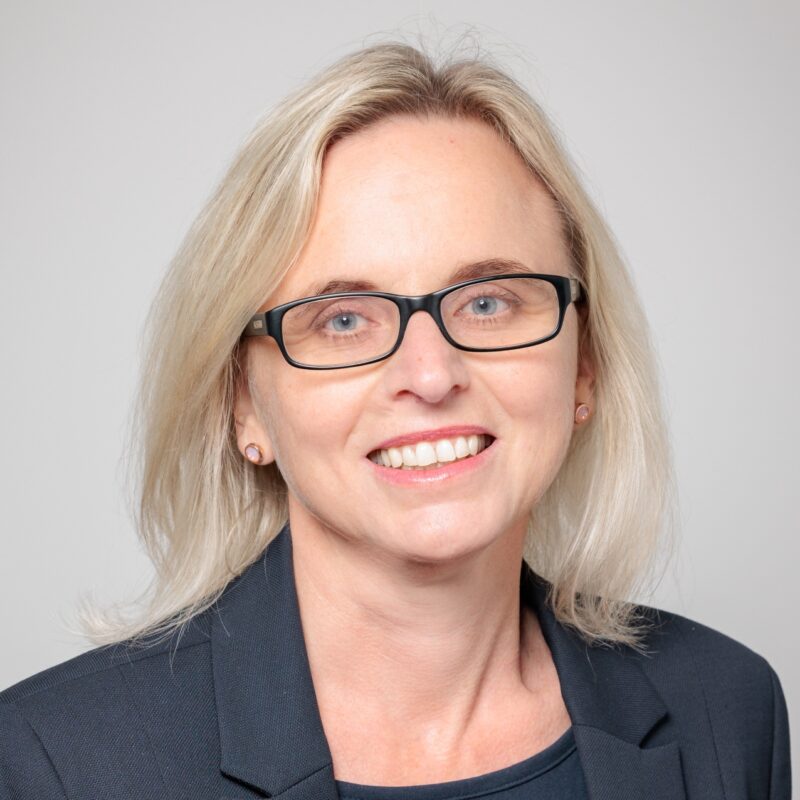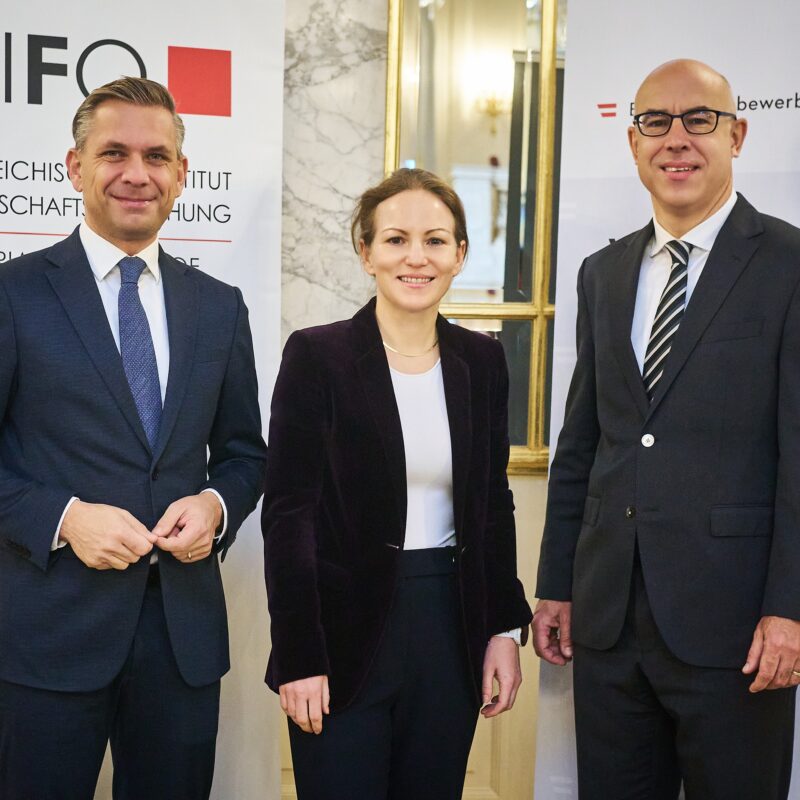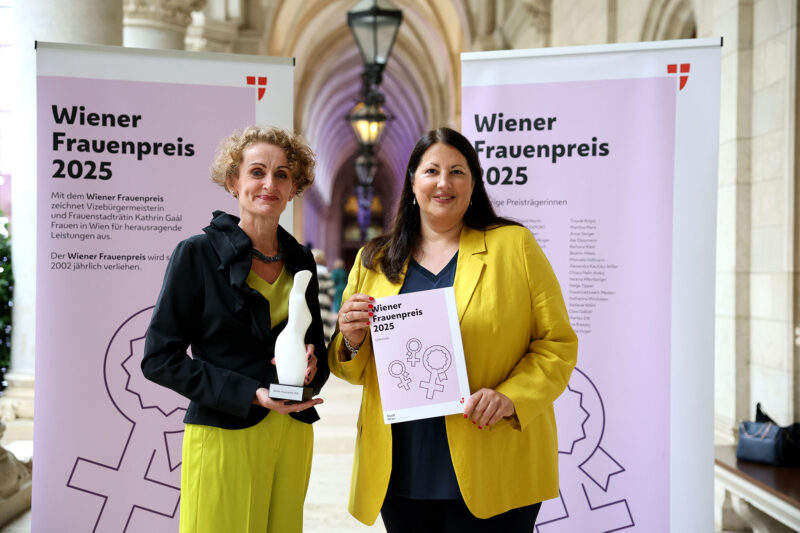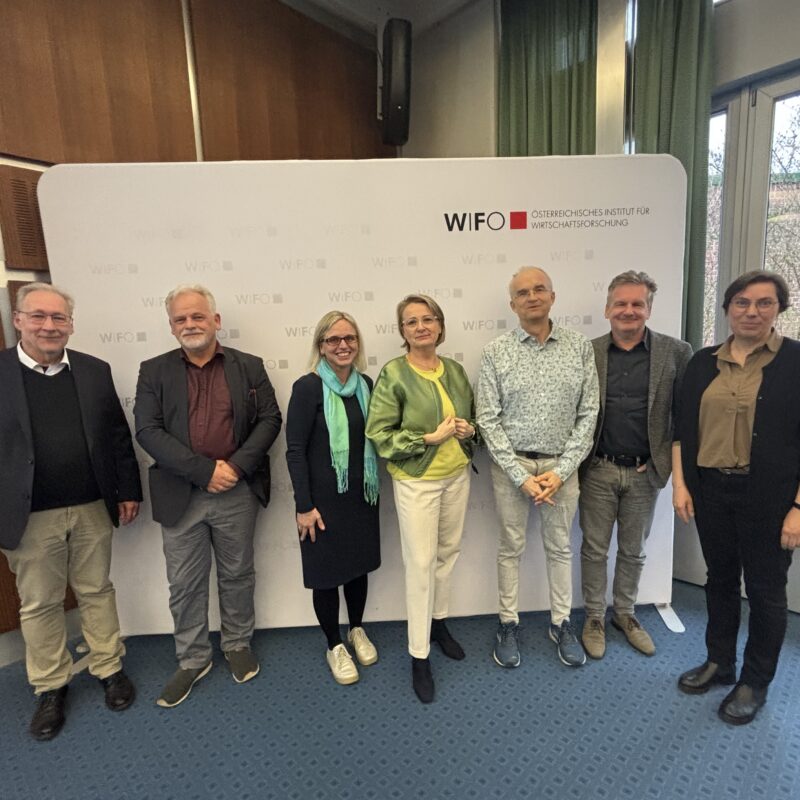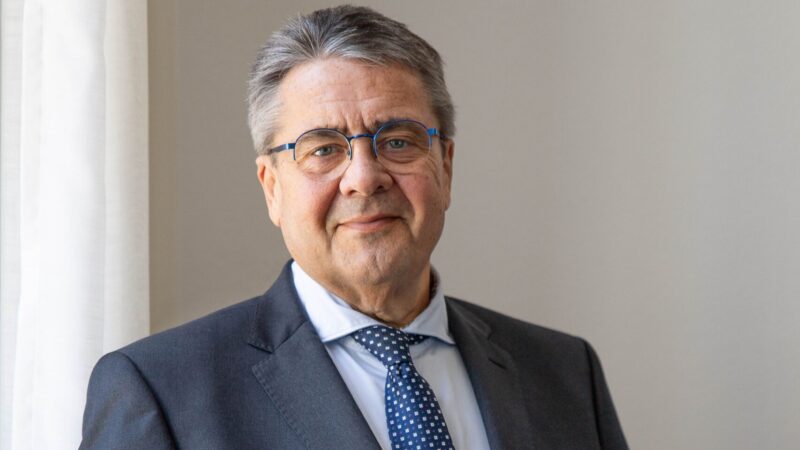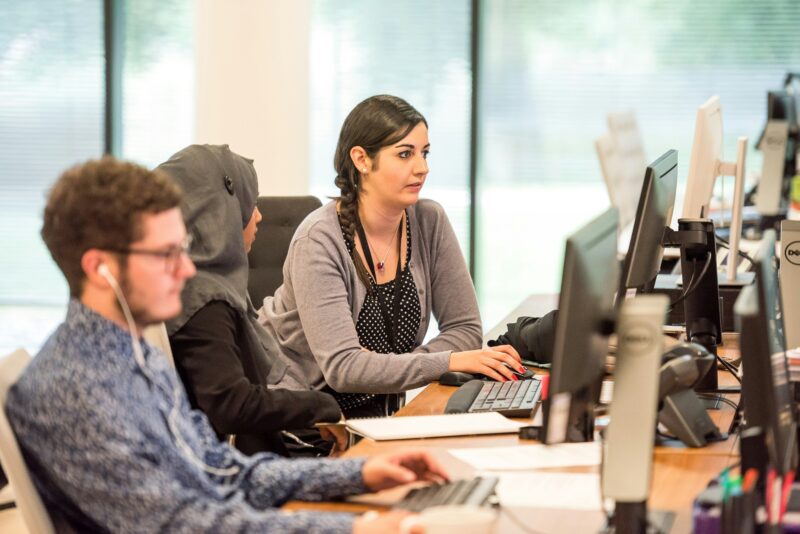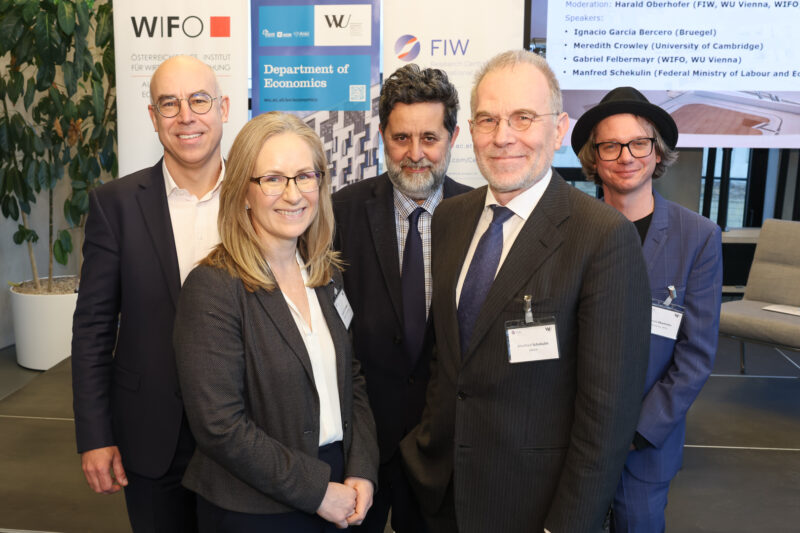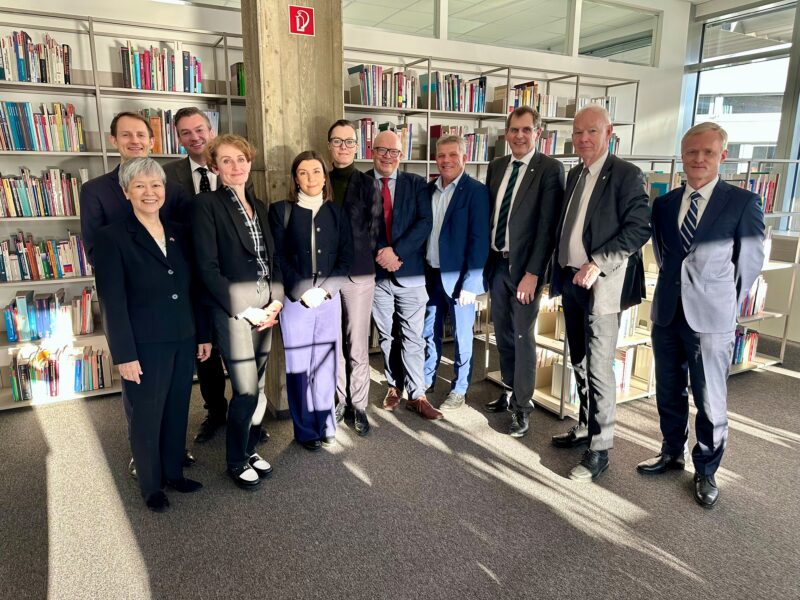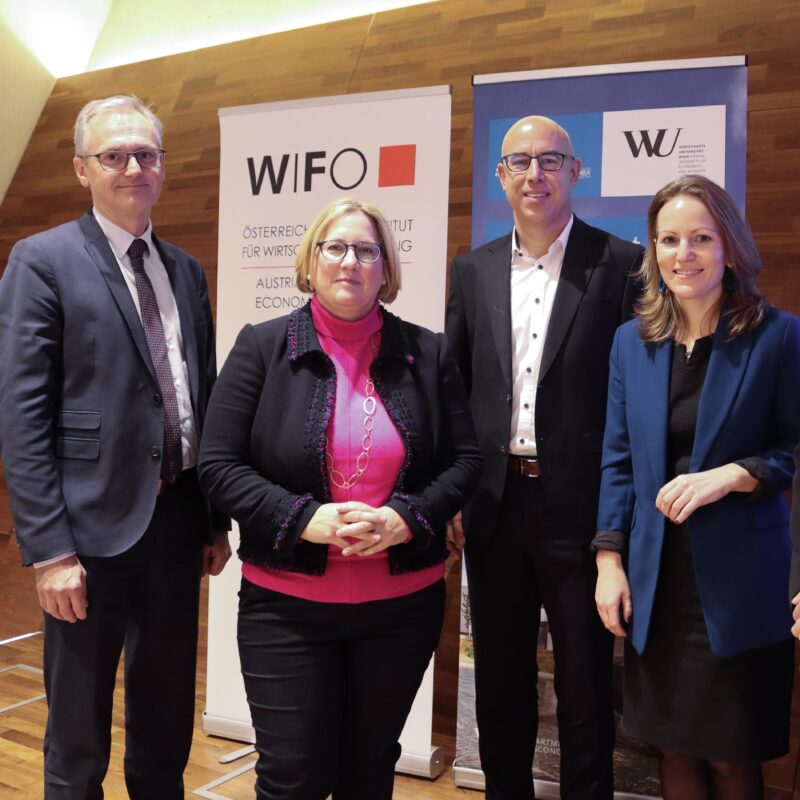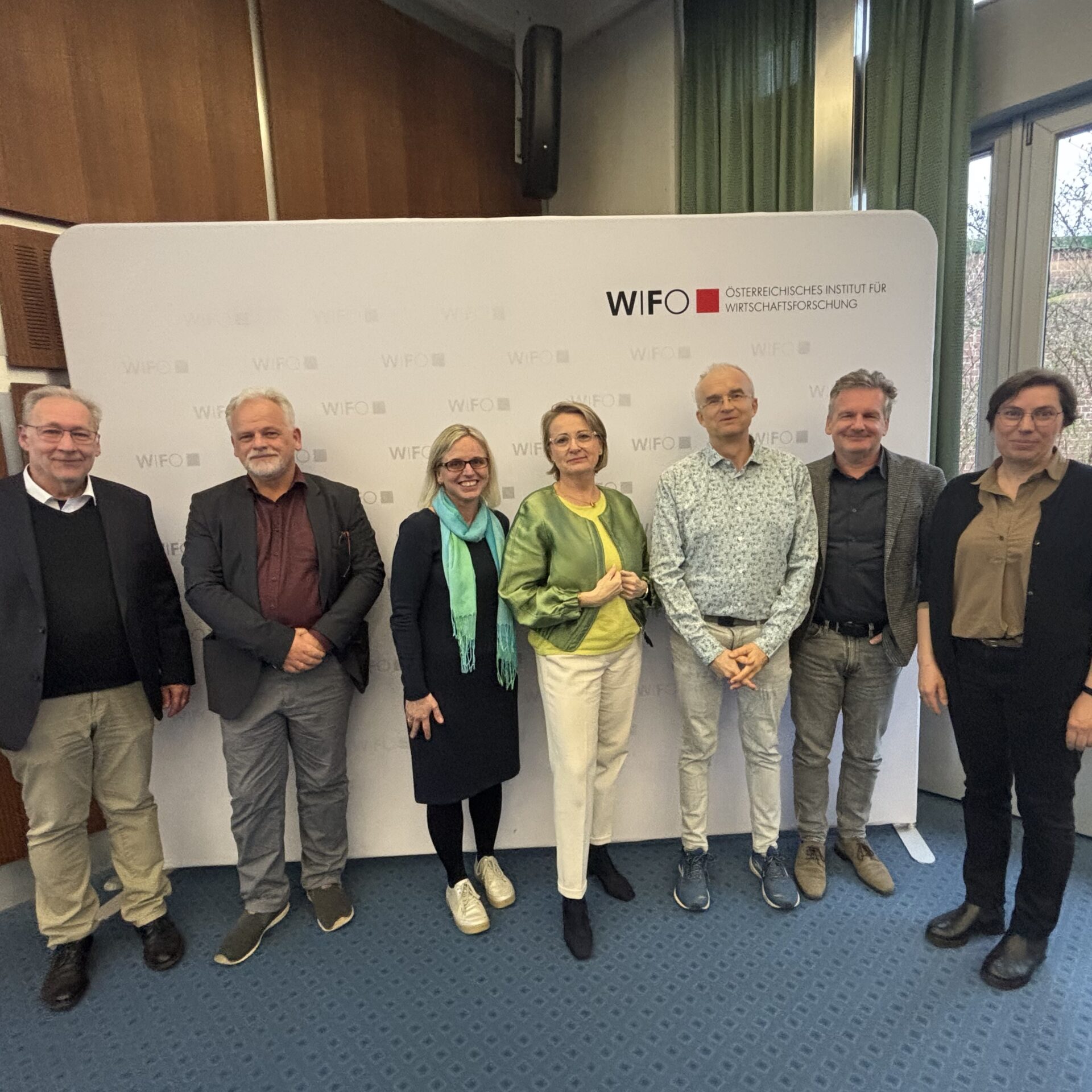
Vocational Education and Training for Adults
The event began with a short lecture by Mario Steiner (Institute for Advanced Studies – IHS), who presented data on participation in adult vocational education and training in comparison between Austria and Sweden. He took socio-demographic characteristics into account and emphasised in particular that the difference in participation in education and training is clearly visible among older, formally low-skilled persons, inactive persons and unskilled workers.
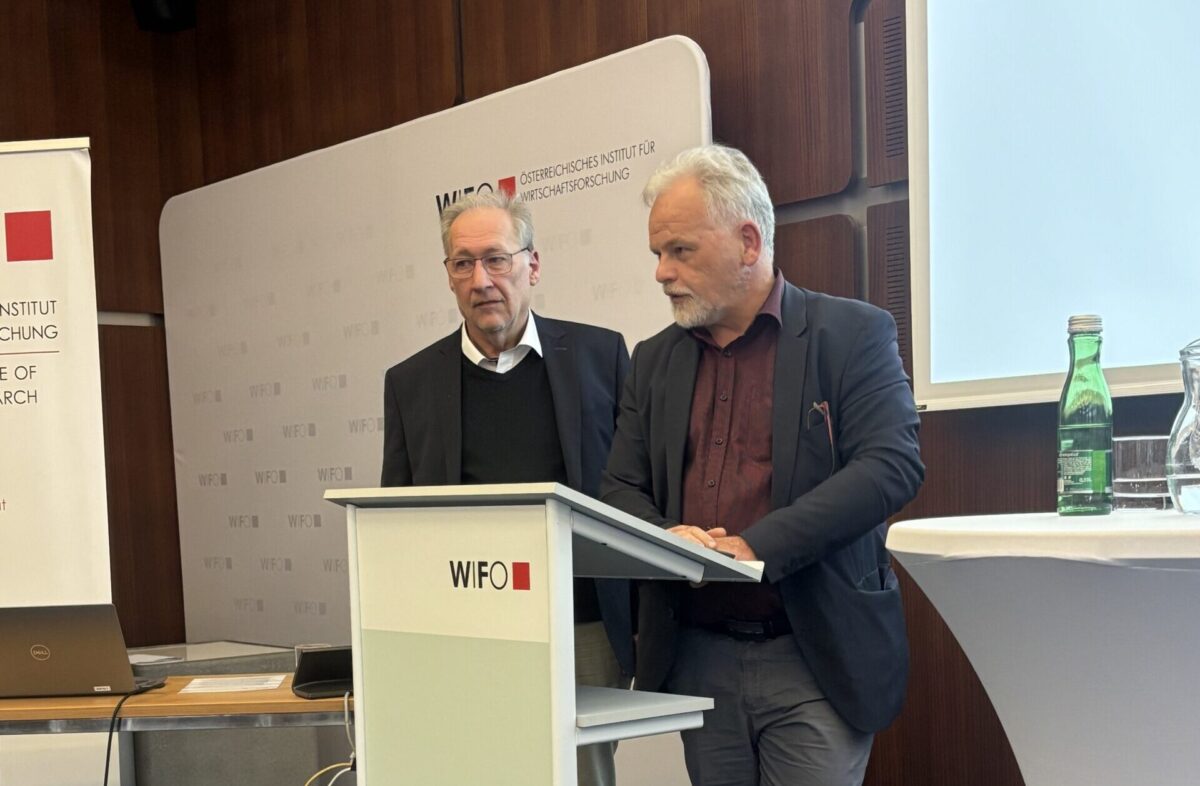
Helmut Dornmayr (Research & Development in VET – ibw) then reported on the development of the number of extraordinary apprenticeship examinations in Austria as well as prior education and main motives of the graduates. He emphasised that these qualifications are primarily used to gain additional qualifications and less often used to catch up on initial vocational training.
Julia Bock-Schappelwein (Austrian Institute of Economic Research – WIFO) presented the instruments for securing subsistence during further training in Austria and highlighted the differences between the skilled worker grant and the self-preservation grant. Roland Löffler (Austrian Institute for Research on Vocational Training – öibf) stepped in at thort notice to take over Nadja Bergmann's (L&R Sozialforschung GmbH – L&R) contribution and reported on the (surmountable) hurdles of later training for women based on the "Vienna Training Initiative for Women in Digitalization, Sustainability and Technology". He pointed out that such hurdles are due to a lack of knowledge, a lack of advice and a lack of confidence, among other things. He then explained the current status and the need for action in career guidance for adults, with a focus on taking life situations into account, an overview of services for adults, individual advisory settings, practical trials and target group-specific communication.
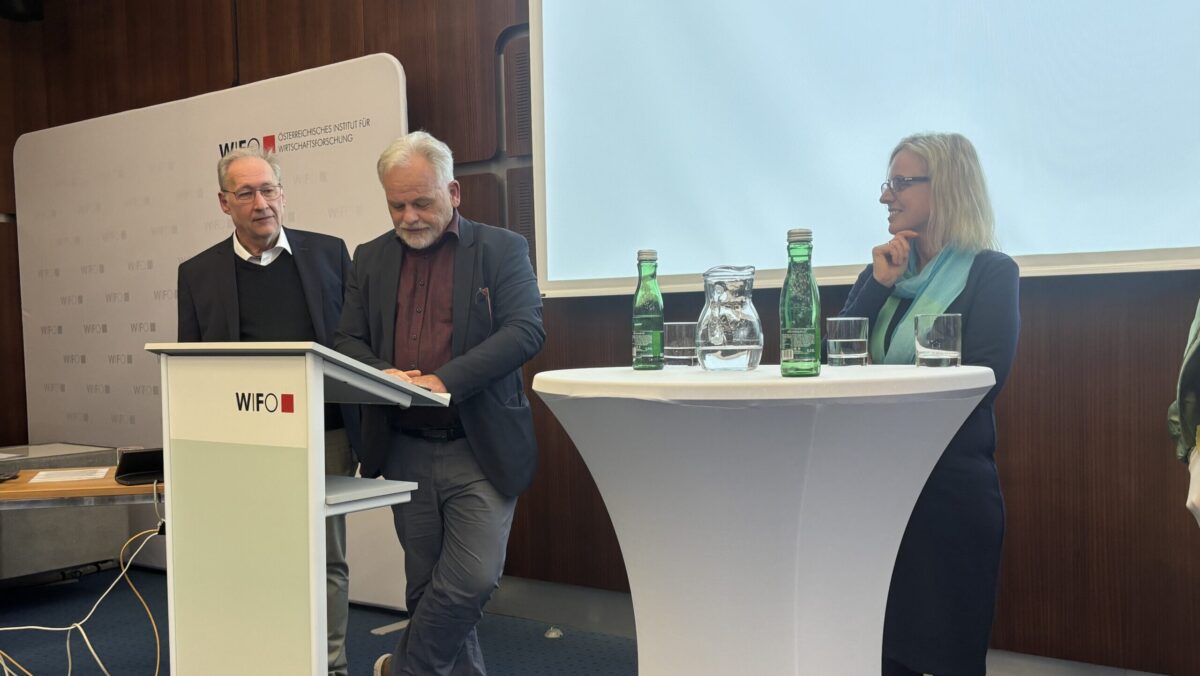
After the short presentations, Manuela Vollmann (ABZ*Austria) shared her experiences of the challenges faced by adults in initial vocational training.
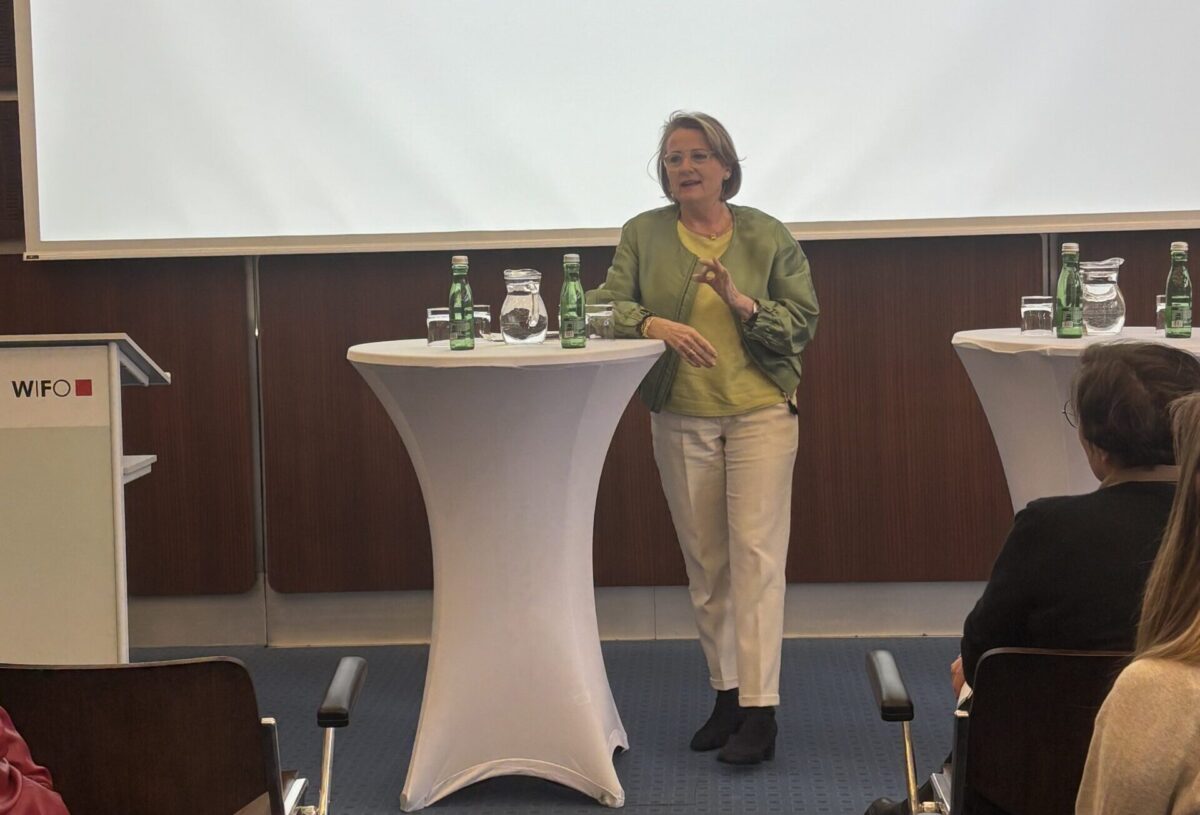
The Jour fixe concluded with a lively discussion with the audience.
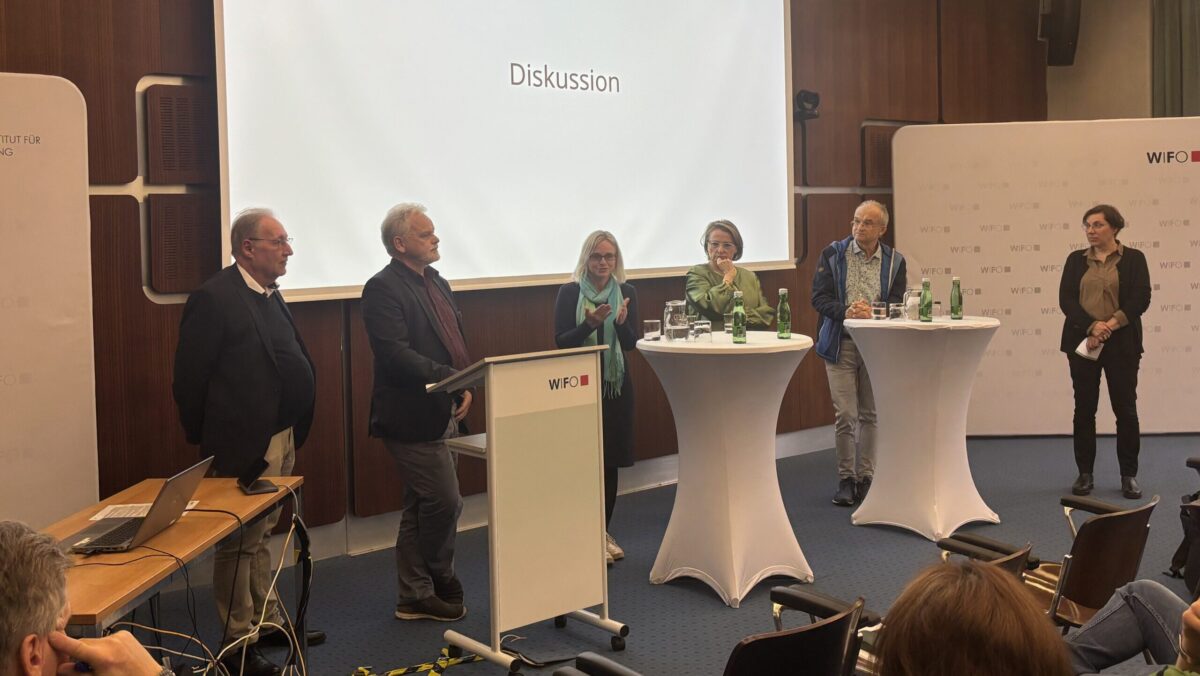
Publications
- Julia Bock-Schappelwein (WIFO)
- Nadja Bergmann (L&R Sozialforschung)
- Helmut Dornmayr (ibw)
- Roland Löffler (öibf)
- Kurt Schmid (ibw)
- Mario Steiner (IHS)
Please contact
